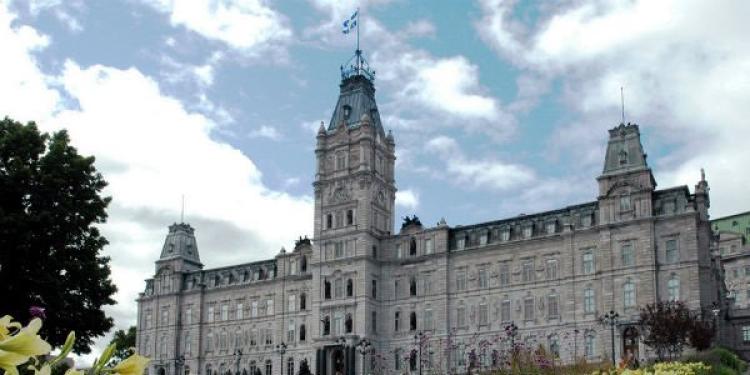New Online Gambling Law in Quebec Defies Canada’s Open Internet Policy
Posted: December 1, 2015
Updated: October 6, 2017

Canada has long defended its open internet policy—so why has a new online gambling law in Quebec been introduced that plans to block web content?
Unlike many other countries, which engage in internet filtering and content take downs, policies exist for Canadian internet service providers to ensure that no web content is blocked, altered, changed, or removed. This includes net neutrality rules, as well as a copyright notice-and-notice system. The Telecommunications Act even outright states that “a Canadian carrier shall not control the content or influence the meaning or purpose of telecommunications carried by it for the public.”
Canada is famous for its support for and defense of an open internet system. Which is why it’s massive Canada gambling news that the French Canadian government has introduced a new online gambling law in Quebec that would defy Canada’s legal mandate by requiring internet service providers to block content.
The new bill promises to target unlicensed online gambling sites as part of the Quebecois government’s efforts to increase revenue for its own online gambling service. The bill will ensure that “an internet service provider may not give access to an online gambling site whose operation is not authorized under Quebec law,” with the Quebecois lottery commission establishing the list of banned websites. Internet providers will have to block access to the banned sites within 30 days of the list being made or face initial fines of up to $100,000.
Canada will fight planned online gambling law in Quebec in court

Quebec’s new law would go against Canada’s charter (Photo: Toronto Star)
Without a doubt, Quebec’s planned banning of online gambling sites in Canada will be taken up in Canadian court. Given that the constitution grants exclusive jurisdiction over telecommunications to Canada’s federal government, it’s likely that the planned online gambling law in Quebec will never see the light of day.
While the French Canadian government is likely to argue that the new online gambling law in Quebec is about consumer protection, its stated purpose of generating government revenue has next to nothing to do with that. The new law states that website blocking would generate millions in revenue for the Quebecois government’s own gambling sites—and says very little about how consumers and greater public would benefit, if at all.
There is also the matter of free speech, as government-controlled website blocking would go against the fundamental freedoms found in Canada’s Charter of Rights and Freedoms. Not to mention the slippery slope effect that could take place should Canada grant the new online gambling law to Quebec: If Canada gave this to Quebec, it could lead to more content blocking initiatives such as alleged content infringement and failure to meet bilingual language requirements.












